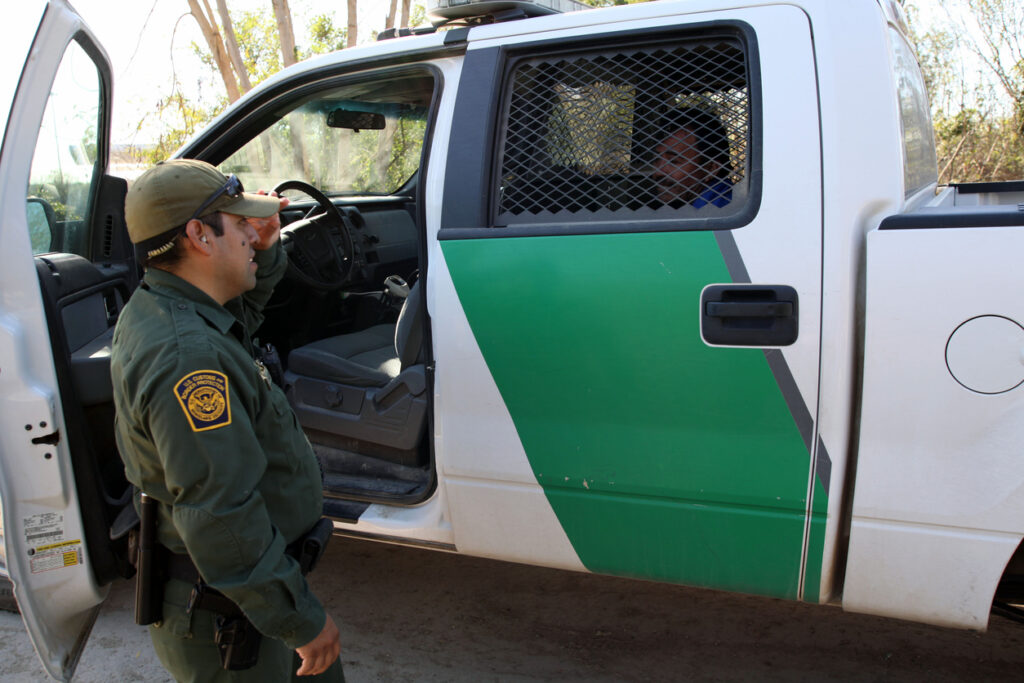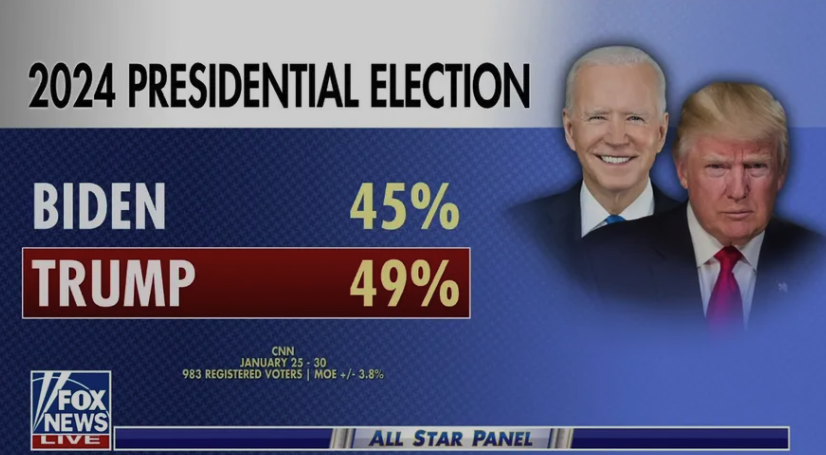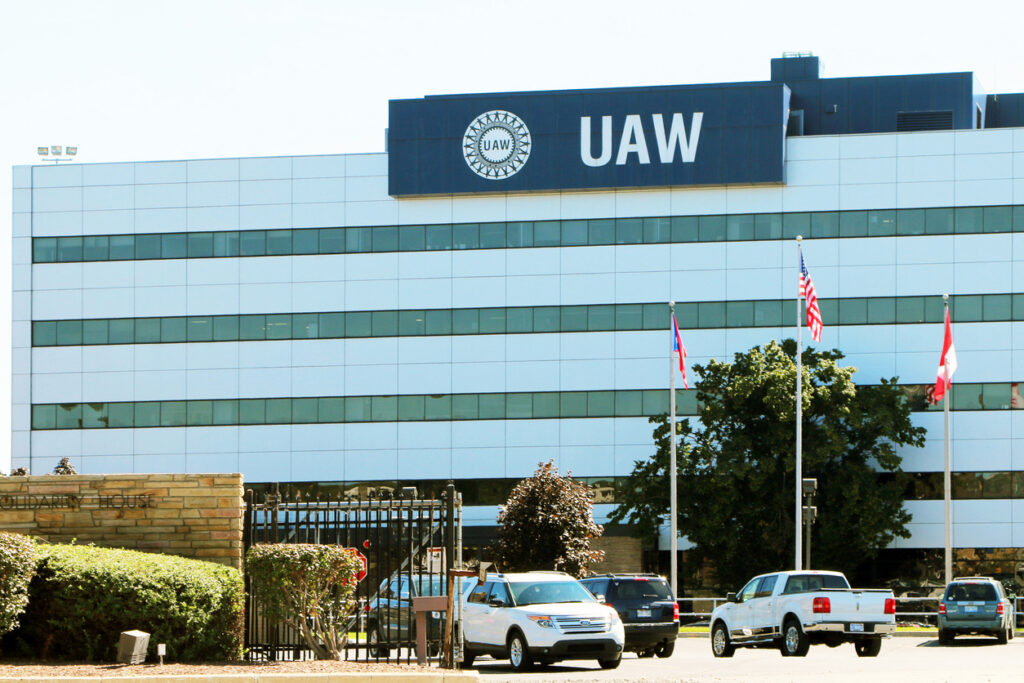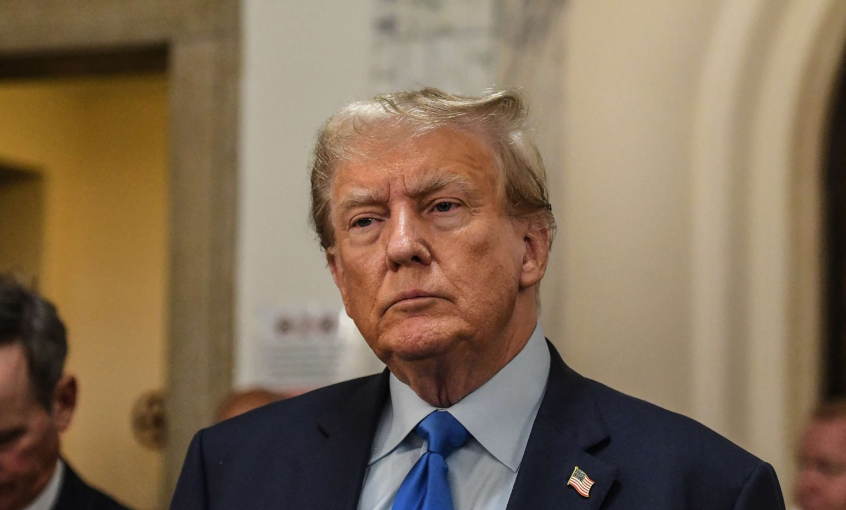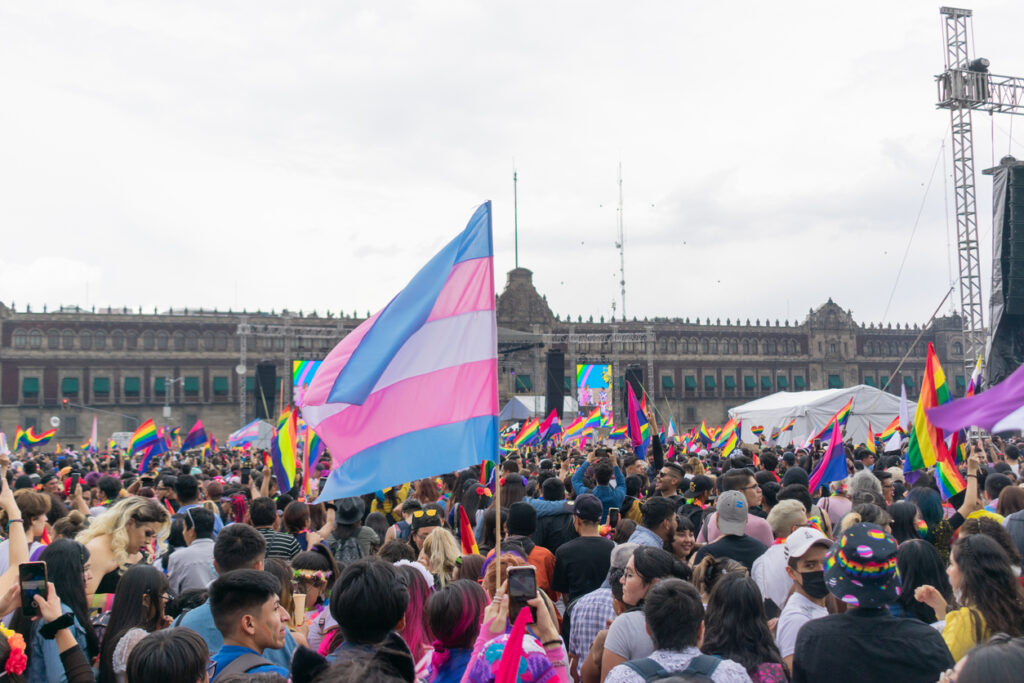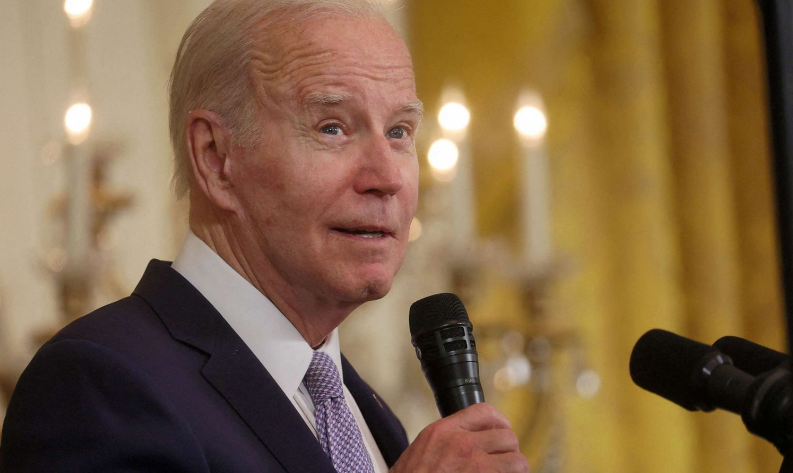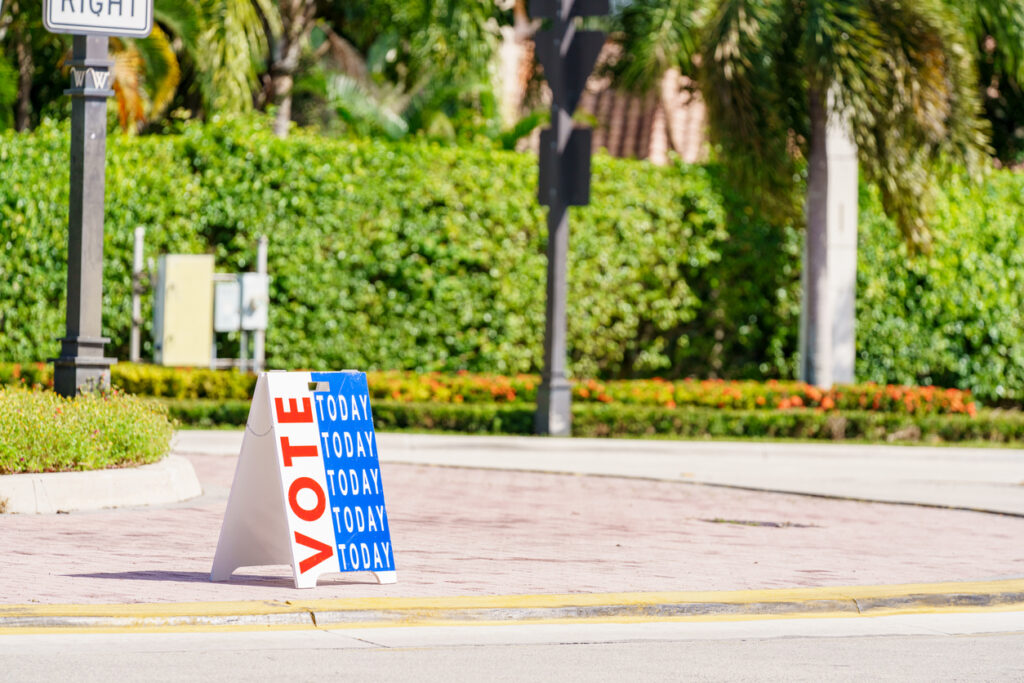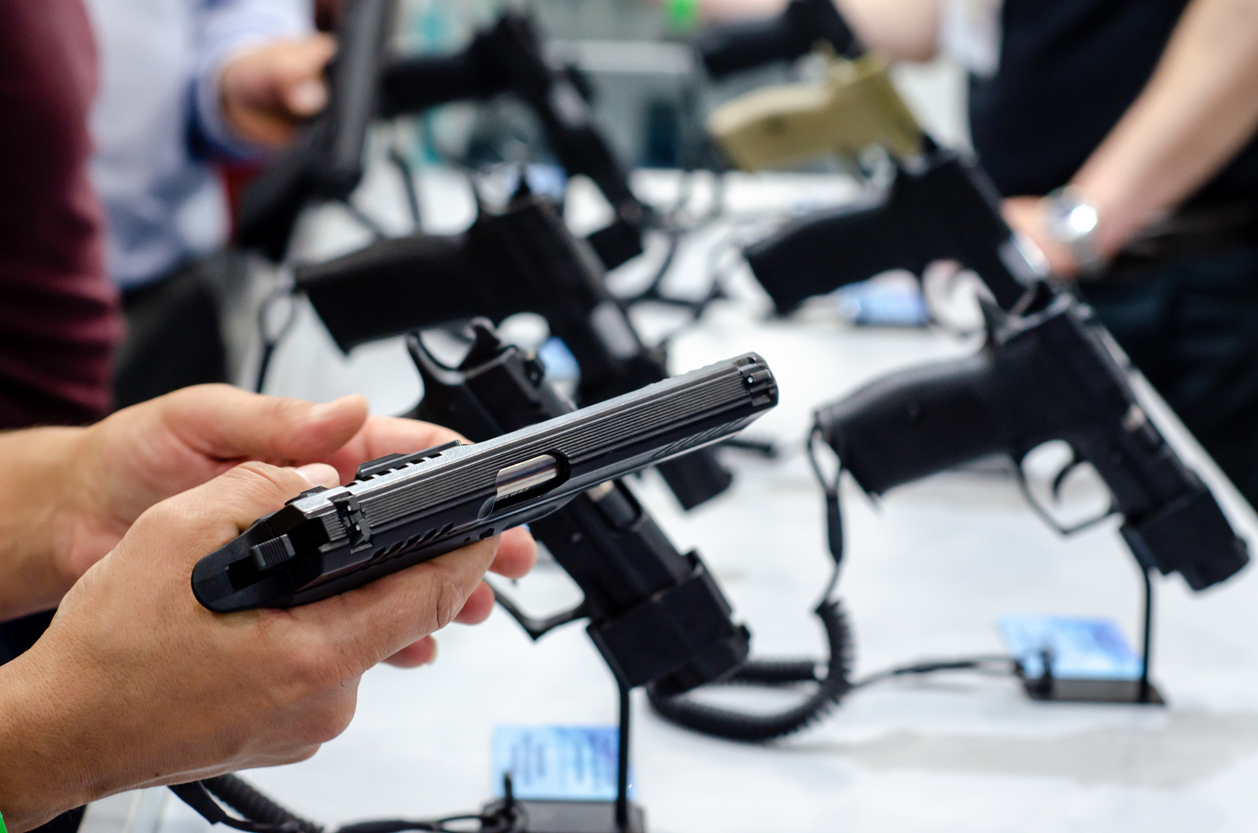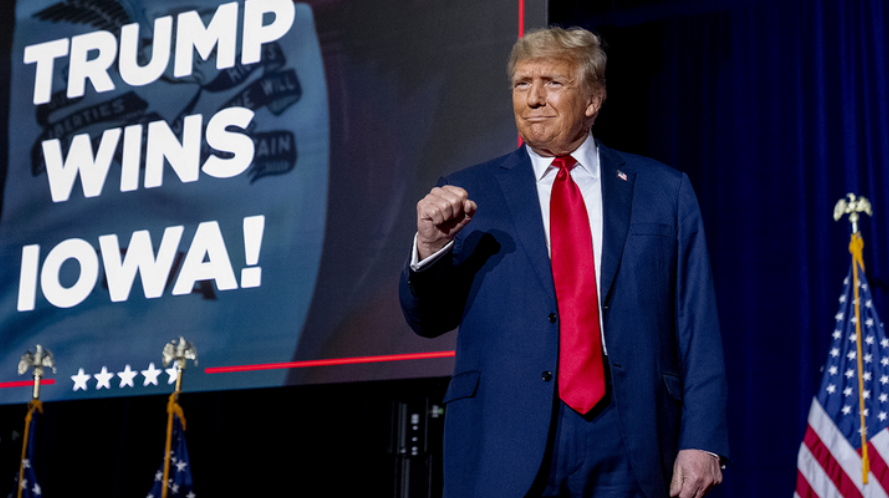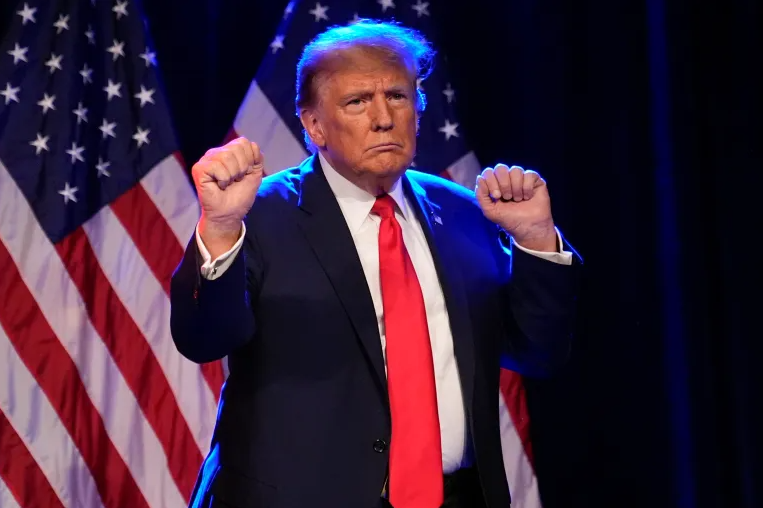
At Columbia University, what began as a campus demonstration has erupted into a significant national issue, stirring debates over academic leadership, student activism, and the broader implications of international conflicts on local grounds.
The Genesis of the Protest
The catalyst for the controversy was the arrest of over 100 students at a pro-Palestine demonstration organized at Columbia University, which coincided with increasing tensions due to the ongoing Israel-Hamas war. These demonstrations, intended to call for a cease-fire in the conflict and urge the Biden administration to halt military aid to Israel, quickly gained traction, not only at Columbia but also at other prestigious universities such as New York University, Yale, and MIT.
The Administration’s Response
In response to the protests, Columbia University’s administration, led by President Minouche Shafik, took decisive actions that have since been met with significant backlash. The decision to arrest students participating in the Gaza Solidarity Encampment—set up on campus—has been viewed by many as an escalation, contributing to rather than calming the unrest.
Political and Public Reactions
The situation drew attention from both political leaders and public figures. The Biden administration and New York City Mayor Eric Adams have denounced the protests as “blatantly antisemitic,” with concerns that they could incite violence. This sentiment was echoed by lawmakers from both political parties who have called on President Shafik either to take control of the situation or resign.
Concerns Over Campus Safety
Amid these tensions, concerns about the safety of Jewish students on campus have prompted Columbia University to move classes online, especially with the approaching Jewish holiday of Passover. This move reflects the administration’s priority to ensure all students feel safe during this volatile time, though it has also been met with criticism from those who see it as an overreaction.
The Broader Academic Context
The protests at Columbia are part of a larger pattern of campus activism that has seen university leaders scrutinized for their handling of politically charged issues. Similar protests have led to leadership shake-ups at other Ivy League institutions, demonstrating the complex balance university administrators must maintain between ensuring safety, upholding academic freedom, and managing public and political expectations.
Looking Forward
President Shafik has called for a “reset” in how the university community addresses these divisive issues, advocating for dialogue and compromise over confrontation. She emphasized the importance of not allowing external parties to exacerbate the situation and expressed a commitment to engaging with student protesters and faculty to deescalate tensions.
The Role of Academic Institutions in Political Debates
As this situation unfolds, it serves as a poignant reminder of the influential role academic institutions play in broader political and social debates. Universities are not just centers of learning but are also arenas where larger national and international issues are reflected and contested. How Columbia University and its counterparts manage these challenges will likely set precedents for how educational institutions can navigate the increasingly complex intersections of education, politics, and student activism.
As Columbia seeks to navigate this tumultuous period, the outcomes of these discussions may well influence future policies on campus activism and the handling of politically sensitive issues in educational settings across the country.

